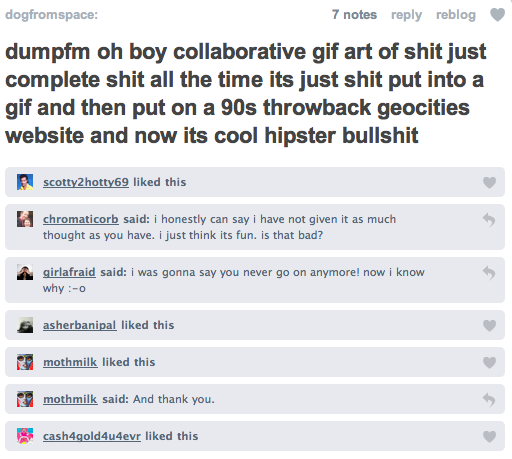When you’re an outsider, you’ve got two choices: You either become a target for people to hit you, to bully you, and con you, to take advantage of [you], and you wind up marrying people you shouldn’t, and you wind up in a job you shouldn’t have with people who bully you, or, you get tough. Now tough doesn’t mean hard. I’m not a hard guy; I’m a tough guy. That means that I take no shit and I’m wrong more often than I’m right, and when I am, I admit it. And that’s another part of being a tough guy. When you’re in the wrong you’ve got to face up to it and you’ve got to take responsibility for it.
from the blog of Clifford Meth

